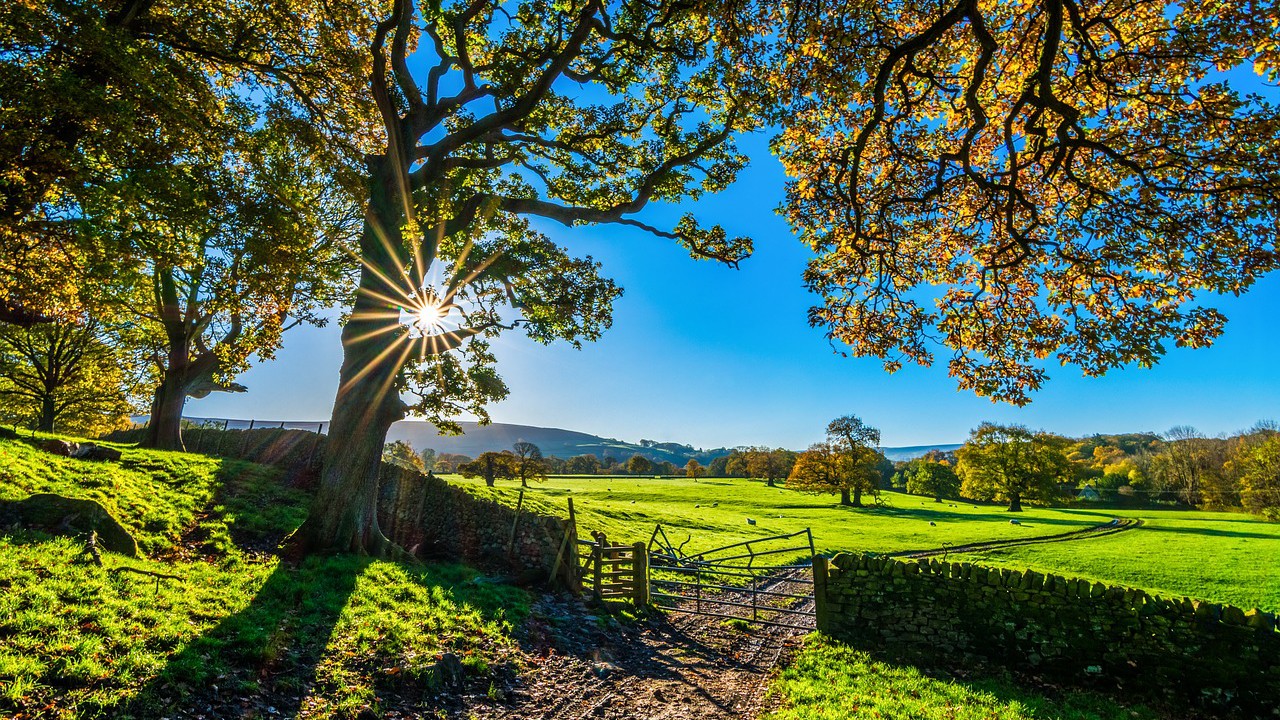Environmental groups continue to lobby for a farm support policy, post-Brexit, that delivers in terms of the public good.
Significantly, they do not agree that producing food, in its own right, is a public good. However, acting to improve our capacity to produce food on a sustainable basis is.
I find this perspective hard to grasp.
We all have to eat, thereby making the production of food the most basic public good that crosses all boundaries.
That aside, it is welcome to note that conservation groups buy into the concept that farmers must be adequately supported into the future.
Their perspective is that London should be in a position to fund agriculture to the level of the current commitment that is extended from Brussels.
Personally, I think the British Government should be willing to up the ante, where farm support is concerned.
The reality is that the UK is only 63% self-sufficient in food at the present time. This is a parlous state-of-affairs for any country to find itself in.
I would have thought that the most obvious response from any Government to these set of circumstances would be to provide a realistic support policy for its farming and food sectors.
While lobby groups believe that production agriculture has been part of the problem in reducing biodiversity levels and other conservation-related standards in rural areas, the good news is that they also point to farmers being an integral part of the solution.
There is also common agreement amongst all farming, food and environmental stakeholder groups that the family farm unit must be protected as the basic building block of agriculture in this part of the world.
This can only be achieved by securing a sustainable farming industry for the future. Surely this is a policy priority which all interest groups can rally round.
Agriculture will have to fight against the likes of the health service, schools and defence as it strives to secure a realistic support budget during the years ahead. And, as the old saying goes: United we stand, divided we fall.
If the primary producer cannot be protected, then the future looks bleak for the countryside as a whole.
I see no reason why the various conservation groups and the farming unions should not be singing from the same hymn sheet when it comes to approaching Government on this matter.
I am all for farmers committing more of their time and resources to improving biodiversity levels and improving environmental standards, on the basis that they are adequately rewarded for so doing.
But it must never be overlooked that the main job of primary producers is to feed the nation. Producing high-quality food must remain the key driver of farming businesses throughout the United Kingdom.

